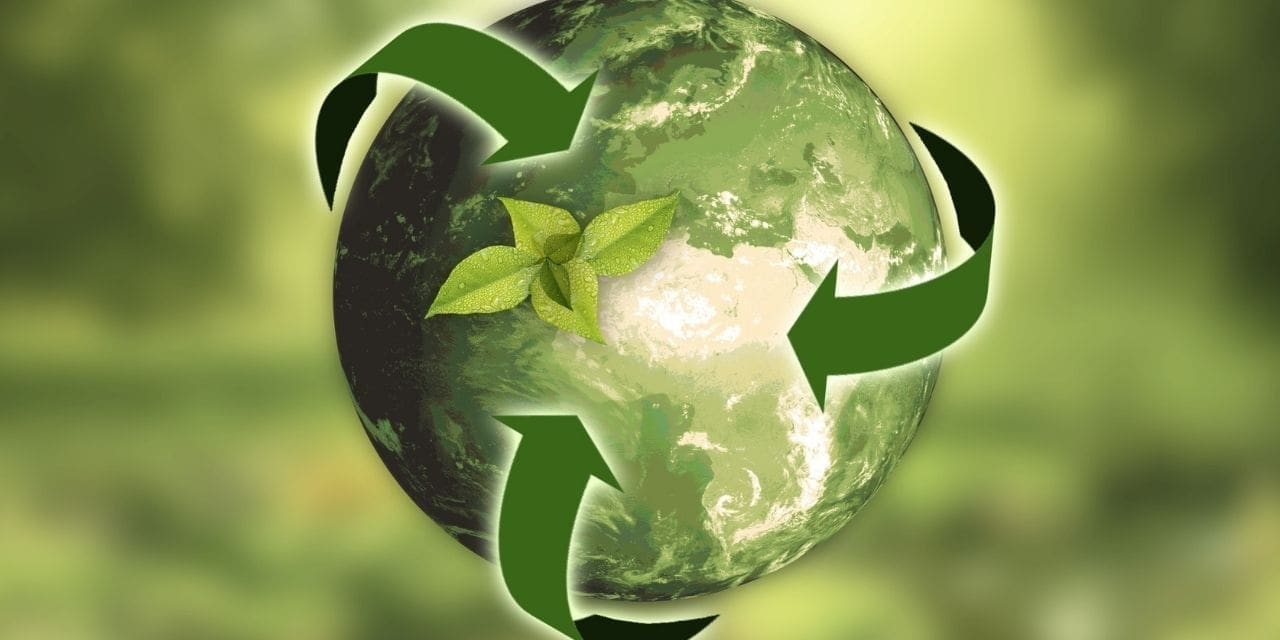Viscose is a semi-synthetic type of rayon fabric made from wood pulp that is widely used by the fashion industry as a silk substitute. The fear is that of around six million tonnes of viscose used annually to produce garments, 30% is sourced from endangered forests. Fashion for Good has collaborated with Kering on the Viscose Traceability Project to go back to the source from which their collaborations have derived viscose fabric from. TextileGenesis, a Bengaluru-based innovator, has designed traceability applications for use across the entire textile value chain, from fibre to finished goods. The complex web of supply chains spans a wide variety of fashion businesses such as spinners, weavers, knitters, dye-houses, and garment makers, and is spread across eight countries. The Viscose Traceability Pilot is one of the options to support Kering’s goal of 100% traceability for our key materials by 2025.
TextileGenesis’ new platform uses Fibercoins™ as their blockchain-based digital tokens that provide a “digital twin” for sustainable fibres. The platform allows supply chain players to transfer these digital coins in parallel to the production of textile products as they move through the supply chain. They have also created a fibre-to-retail traceability data protocol for the apparel ecosystem based on the GS1 framework used in the food and healthcare industry. The Asia Innovation Programme helps innovations that have the potential to disrupt the current fashion supply chain worldwide, innovate and scale-up. Of particular interest is the unique perspective of home-grown innovators focusing on key areas such as raw materials, dyeing, and finishing, manufacturing, retail, end-of-use and transparency and traceability.
India has one of the largest consumers of textiles and what the fashion industry produces. The change needs to start at an industry level, with manufacturers adopting more sustainable practices. Significant investment in these technologies is required upfront. With a void on the policy front, it is difficult to enforce sustainable practices and regulations. Fashion for Good’s regional programme in Asia has strengthened our network and positions us to better serve local manufacturers, key supply chain actors, brands, and innovators.
Since the consumer base is extremely diverse, multiple new start-up companies have dedicated themselves to ways in which fashion can be made more sustainable. Liva by Aditya Birla Group stands for the high-quality fabric made using natural cellulosic fibres, delivered through an accredited value chain.

